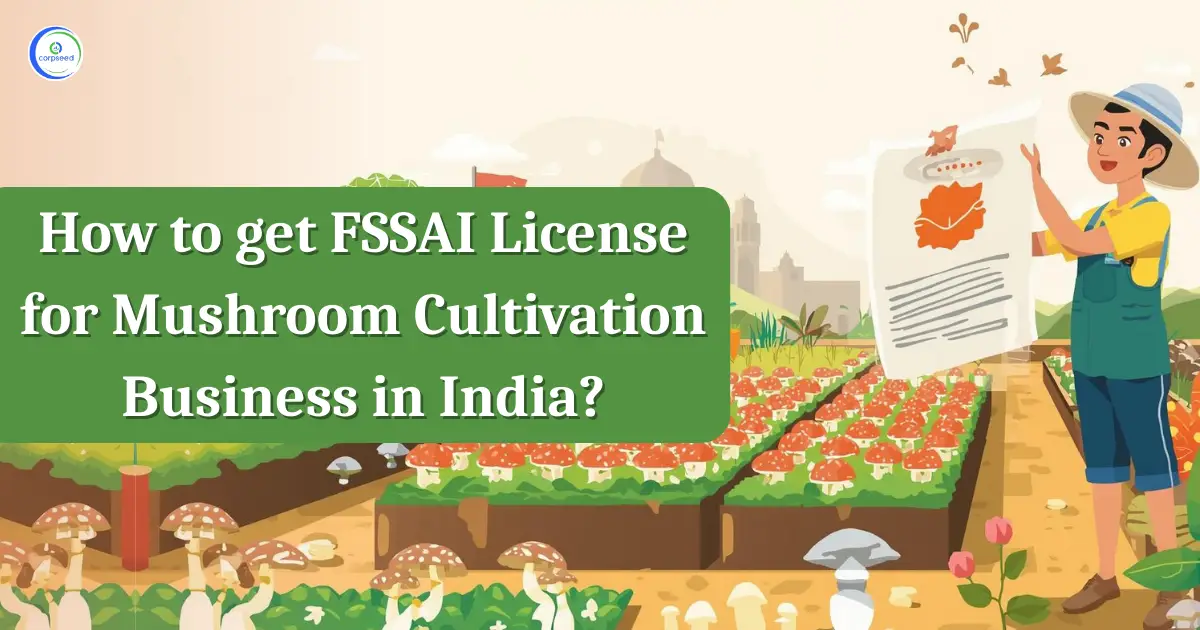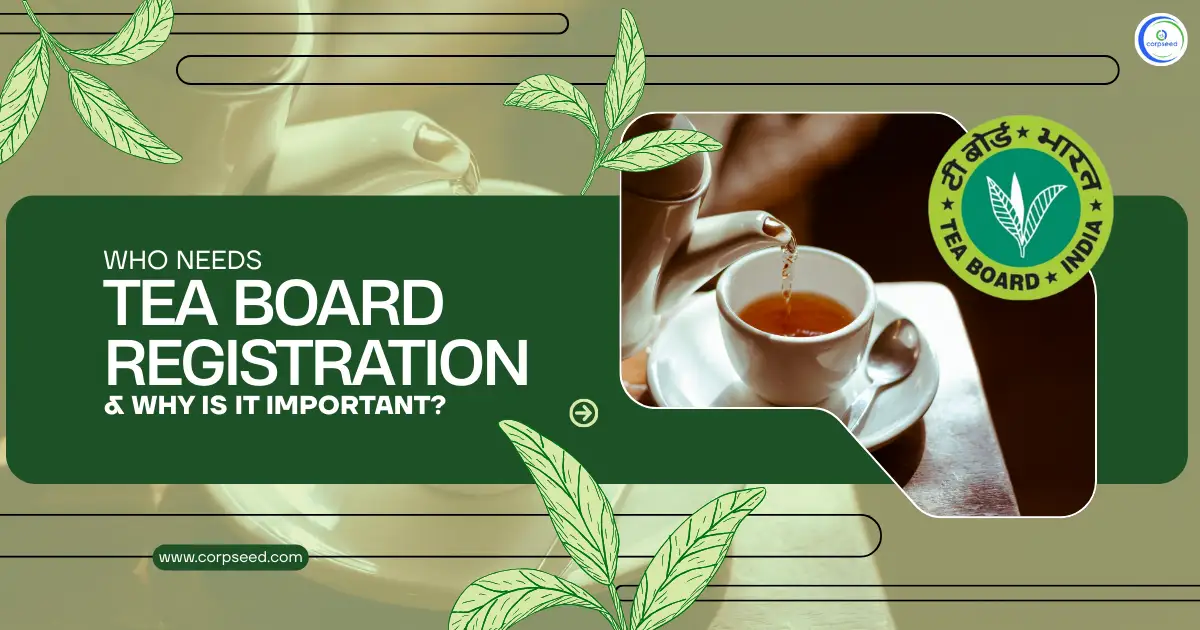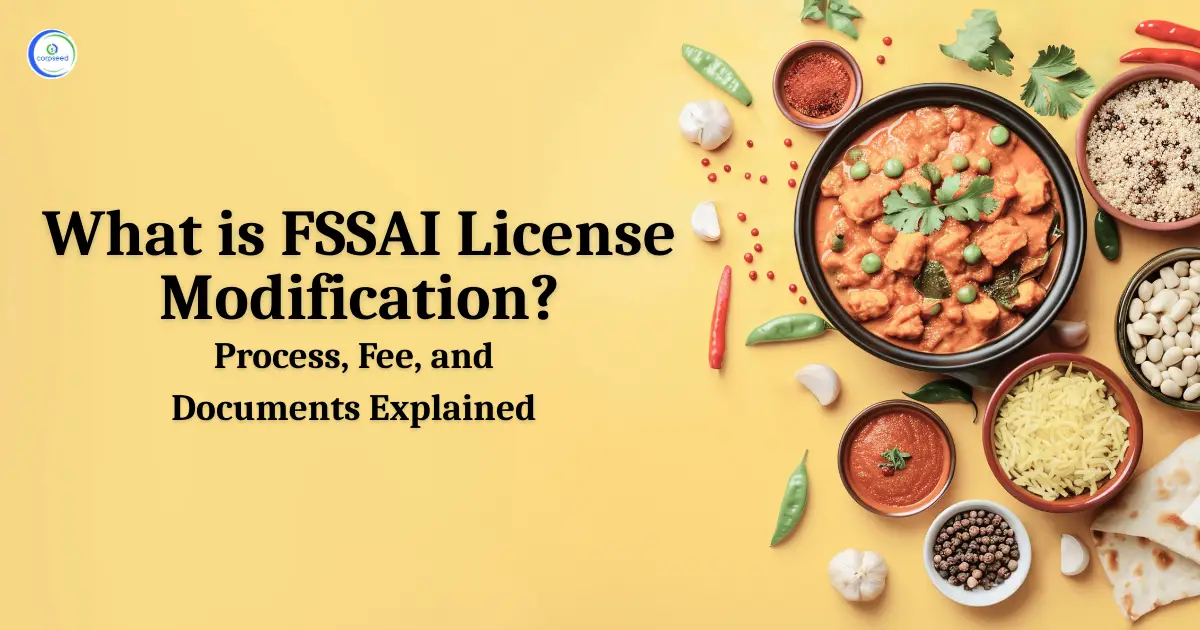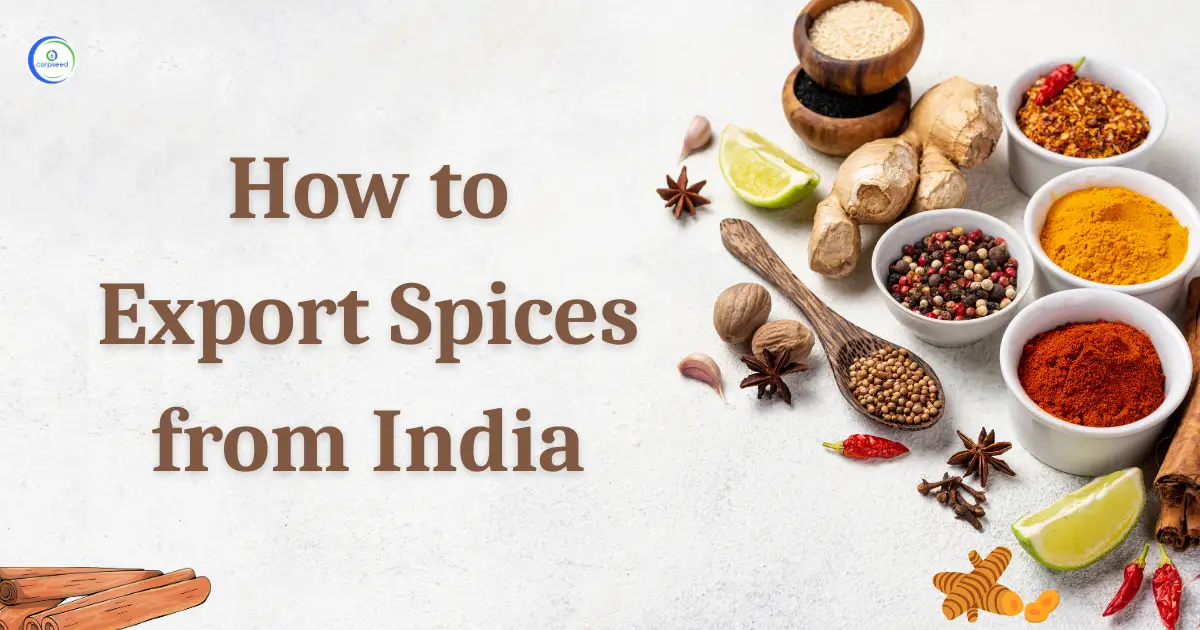A FSSAI license is compulsory for every food business in India. This license not only confirms legal compliance, but also ensures the safety and hygiene standards of food products. Whether it is a home cook, a packaged food brand, a restaurant or a cloud kitchen, the type of FSSAI registration you need is entirely dependent on the scale, nature and annual turnover of your business.
What is an FSSAI License or Registration?
The FSSAI (Food Safety and Standards Authority of India) is the regulating body that ensures food safety and hygiene standards in India. Every food-related business be it manufacturing, processing, packaging, or distribution should have an FSSAI license or FSSAI registration, contingent on its size and turnover. This 14-digit registration number provides your business legal approval and increases customer belief. The type of license you require is among Basic, State or Central depends on the annual turnover of and the nature of your business (local, state level, or national/international).
Why is FSSAI License Important for Food Businesses?
Attaining an FSSAI license is above legal compliance, it is an important step towards building reputation, confirming food safety, and forming lasting trust with your consumers. This license paves the way for sustainable growth and brand development.
- Builds customer trust: A licensed food business ensures customers that the food they consume is safe and regulated by health authorities.
- Legal compliance: Functioning without an FSSAI license can lead to penalties, business closure, or legal action from regulatory bodies.
- Market expansion: With appropriate licensing, your business can easily grow across states or even start exporting food products international market.
- Improves credibility: Businesses with FSSAI licenses are observed as more professional and reliable by customers and investors alike.
- Easy access to funding: Financial institutions and investors choose working with legally registered food businesses.
- Better branding opportunities: You can legally show the FSSAI logo on your packaging, it will boost your product’s authenticity and market appeal.
Types of FSSAI License: Basic, State & Central
FSSAI issues three main types of licenses on the basis of the scale and scope of the food business. Choosing the right license depends mainly on your annual turnover and the geographical reach of your business.
- FSSAI Basic Registration: FSSAI Basic Registration is structured for small food businesses or start-ups with an annual turnover of less than Rs. 12 lakh. This involves home bakers, street vendors, small food retailers, and small food stalls operating locally.
- FSSAI State License: Required for medium level food business having turnover between Rs. 12 lakhs and Rs.20 crores. This license includes restaurants, medium-scale food manufacturers, transporters, and storage units that working entirely in one state only.
- FSSAI Central License: Relevant to food business on a large scale with annual turnover of more than Rs. 20 crore. It is also compulsory for companies involved in food import/export, e-commerce platforms, large manufacturers, and businesses operating in multiple states.
Also Read: New FSSAI Food Safety Rules 2025: What’s Changing in Ghee, Cheese Powder, Water Standards & More
FSSAI State License vs. Central License: What’s the Difference?
As the food businesses grows and expands, it is important to understand the difference between FSSAI State License and FSSAI Central Licence. Both offer different categories of food business based on license turnover, geographical recognition and business activities. Choosing the appropriate license ensures legal compliance and smooth operations.
- Eligibility Based on Turnover:
- The State license applies to food business having an annual turnover of Rs. 12 lakh to Rs. 20 crore. It usually includes small to medium-sized organizations operating at the state level.
- The Central license is mandatory for these businesses whose income is more than Rs. 20 crore per annum, reflecting operations on a large scale.
- Nature of Business and Activities Covered:
- The state license is structured for businesses involved in the manufacture, processing, packaging, storage, distribution, and sale of food, but it is limited to operations within a single state. Examples comprise regional restaurants, bakeries and food transporters within the state.
- The Central License applies to businesses involved in activities with broader reach, like food import/export, interstate distribution, food e-commerce platforms, large manufacturers, and units delivering food to government organizations such as railways, defense, or airports.
- Geographical Scope:
- State license is limited to activities occurred within the boundaries of a single state. It does not cover activities across multiple states or international borders.
- Central license is needed for businesses operating in several states or involved in export/import, thus supplying to the national or international market.
- Issuing Authority:
- The state license is issued and regulated by the relevant State Food Safety Department or State Licensing Authority. To oversee these licenses, each state has its own regulatory body under the FSSAI framework.
- The Central license is directly issued by the New Delhi based Central Food Safety Authority (FSSAI Headquarters), which regulates large-scale and interstate food business.
- Additional Specific Criteria:
- Food businesses functioning at airports, ports, and international borders, or providing food to central government agencies, must secure a central license irrespective of the turnover.
- Businesses involved in online food delivery or food business through e-commerce platforms usually need a Central license, particularly if they operate nationally.
- Compliance and Inspection:
- Both licenses need stringent compliance with FSSAI food safety and hygiene principles, but due to the scale and complexity of the operation, Central License may involve more rigorous inspections.
- Renewals, documentation, and audits may also vary in process and frequency on the basis of whether a State or Central License is held.
Conclusion
To get a valid FSSAI license is a legal obligation for all food businesses in India. From small food businesses to large food manufacturing units, compliance with food safety standards is mandatory. Selecting between a Basic, State, or Central FSSAI license depends on your area of operation and business turnover. This not only guarantees legal compliance, but also builds professionalism and trust in your brand. Ensuring that your license is valid and up-to-date is a necessary step towards your business’s credibility, smooth operations, and long-term growth.
This portion of the site is for informational purposes only. The content is not legal advice. The statements and opinions are the expression of author, not corpseed, and have not been evaluated by corpseed for accuracy, completeness, or changes in the law.
BOOK A FREE CONSULTATION
Get help from an experienced legal adviser. Schedule your consultation at a time that works for you and it's absolutely FREE.









